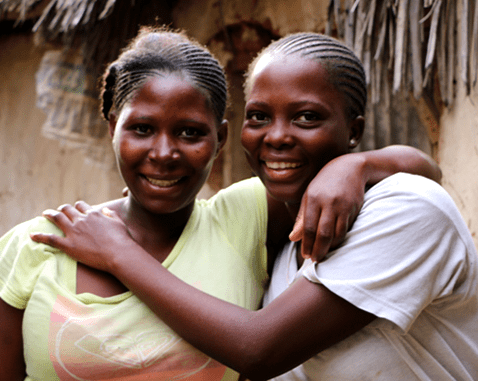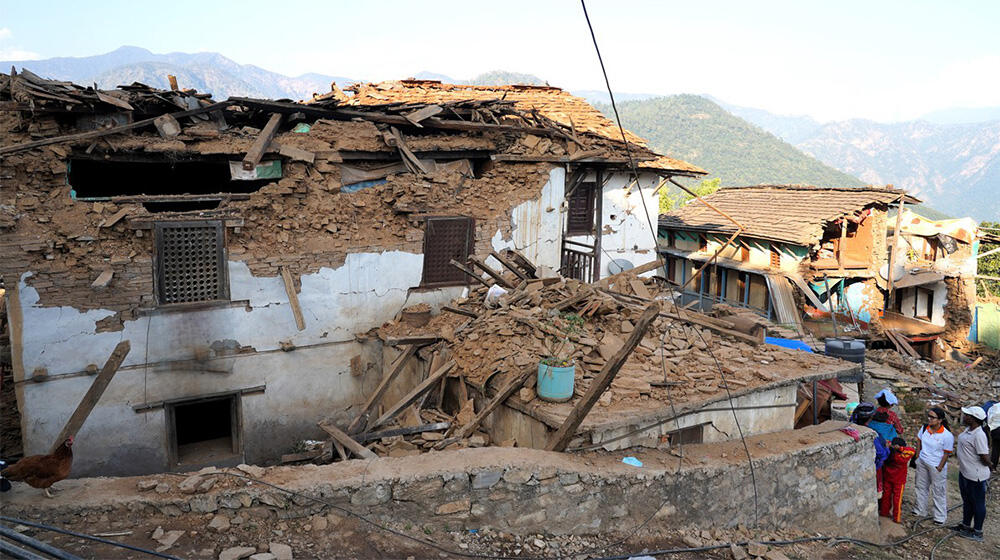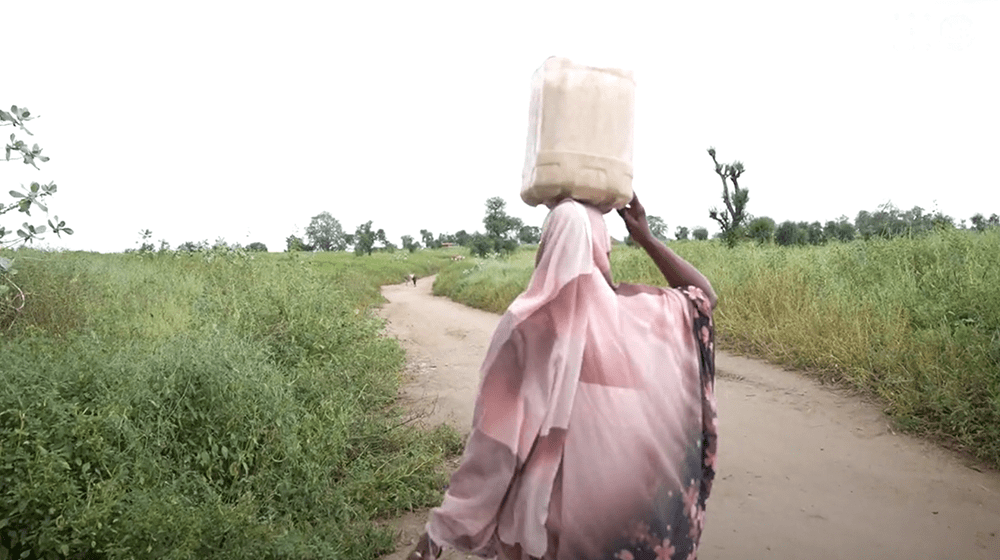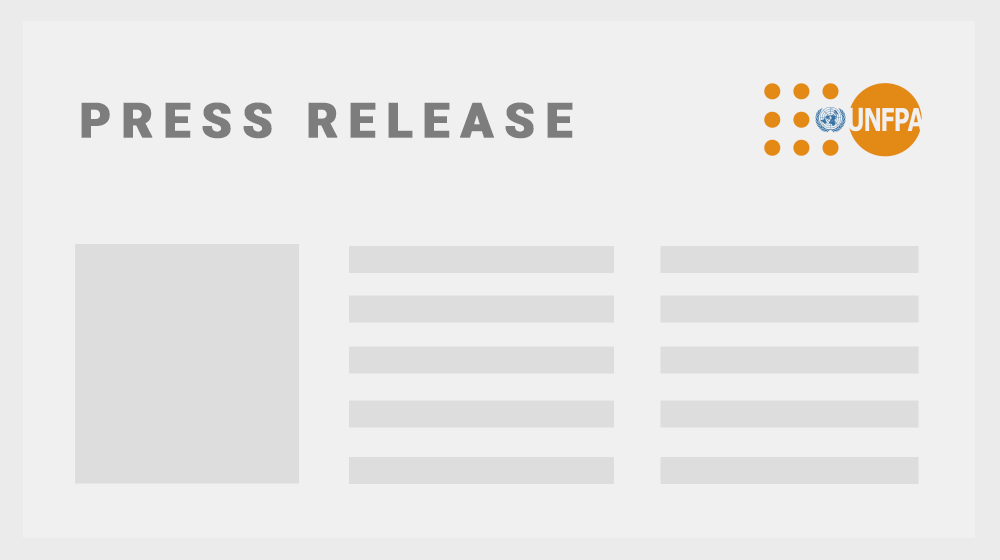Between December 2019 and March 2020, Kenya experienced the worst locust infestation in 70 years. Hundreds of thousands of people were also affected by floods in 2020. Climate hazards drive displacement and exacerbate the risk of food insecurity, malnutrition and disease outbreaks. In addition, Kenya hosts over half a million refugees, mainly from Somalia, South Sudan, the Democratic Republic of the Congo and Ethiopia. Many crisis-affected people lack access to life-saving services such as prenatal care, skilled birth attendance and services for survivors of gender-based violence. UNFPA is working to improve availability of and access to reproductive, maternal, newborn, child and adolescent health services in crisis-affected areas, including refugee camps.
Emergencies related content
Humanitarian needs
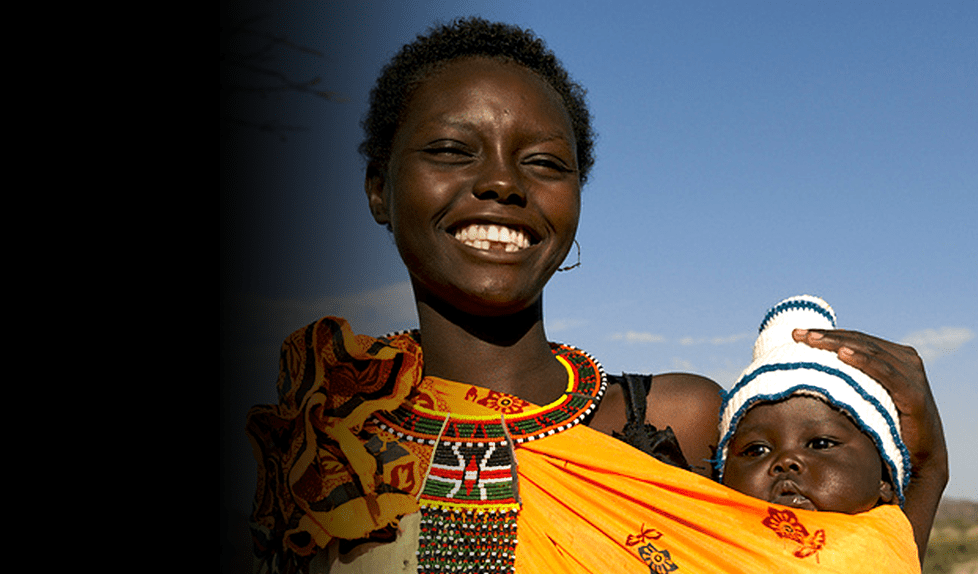
Last updated on - April 2022
Total people in need
5.0 million
Humanitarian funding
Resources in US$
Key humanitarian results 2022

UNFPA-assisted safe deliveries

Total people reached with all types of GBV services

Total women reached with all types of SRH services

Number of people reached with SRH/GBV information and awareness activities

Dignity Kits distributed

Number of safe spaces

Number of adolescent and youth-friendly spaces supported by UNFPA

Personnel trained on clinical management of rape

Personnel trained on Minimum Initial Package (MISP)
Disclaimer
- Results data are reported and updated as they become available.
- -Targets and UNFPA's populations of concern, including women of reproductive age and pregnant women, are estimated using the MISP calculator.
- -Funding estimates are based on country planning processes, including inter-agency humanitarian response plans and regional refugee and resilience plans.
